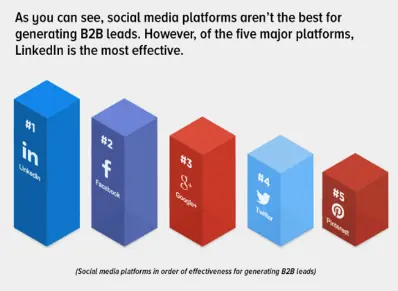We're in an AI 'super cycle,' top investor says — and it could last 20 years
The AI super cycle will "change the world in every aspect," B Capital's Raj Ganguly told CNBC's "Beyond the Valley" podcast.

Artificial intelligence is in the early part of a "super cycle" that could last 20 years, according to a top investor.
Raj Ganguly, co-founder and co-CEO of venture capital firm B Capital, told CNBC's "Beyond the Valley" podcast released Friday that AI is going to have a huge, global impact in the coming years.
"We're in the very early stages, the third or fourth year of this AI super cycle. And it's probably a 20-year super cycle. Maybe it's a 15-year super cycle, but it is going to change the world," Ganguly said.
A super cycle is commonly defined as a lengthy period of persistent growth in a market.
The AI super cycle will "change the world in every aspect," Ganguly said, such as in how drugs are developed or in the jobs market, which will see "profound changes," he added.

It has been almost three years since the world sat up and took notice of generative AI, when Microsoft-backed OpenAI released ChatGPT in November 2022. Since then, major companies have poured billions of dollars into the technology, while Goldman Sachs said the world is moving into a "different" super cycle, with AI emerging as a key factor.
Ganguly described the three "biggest shifts" he's seen since he began working in the tech sector in the late 1990s. Silicon Valley is "back in a big way" with the advent of generative AI, he said. But, while he flagged that the region used to make up 80% to 90% of the global tech ecosystem, Ganguly suggested this is now less than half of the market share, which is nevertheless "still huge," he noted.
The second trend rattling the tech industry is that sole founders can now be successful without having to buy equipment or hire programmers, because AI can help them "build and code without ever knowing how to build and code," Ganguly said. While the previous tech boom was focused on consumer-facing companies such as Amazon and Meta, the next ten 10 years will be more about "deep" tech such as generative AI and advanced semiconductors, he said.
"This next decade is a lot about reshaping industries that have been less touched by tech, and it goes well beyond consumer [tech]," Ganguly said.
Raj Ganguly, co-founder and co-chief executive officer of B Capital Group.
Bloomberg | Bloomberg | Getty Images
For its part, B Capital focuses on deep tech, holding companies in the healthcare and climate sectors as part of its portfolio, alongside AI.
Ganguly identified India as a market that is building AI native apps, which can work with any large language model (LLM).
"The opportunity now, and where I think the profit pools will be, [is] in that AI native app layer," he said. "You're going to see some of these companies that are built in India become market leaders in markets like the U.S. and Europe over the next five years."
Asked whether the excitement over AI is causing parts of the market to become "frothy" — or overvalued — Ganguly said: "I do think we're in a bit of a bubble … it's frothy because people think that, in the next five years, AI is going to change the world [but] it always takes longer than what people think."
Ganguly, who was born in India and raised in the U.S., said he was "blown away" by the innovation he saw upon returning to Asia to work for Bain Capital in 2009.
Coming from Silicon Valley, he said there was an assumption that people in Asia were copying successful U.S. business models and bringing them to India or China. Instead, what Ganguly said he saw was "fundamental innovation" happening in Asian countries.
He co-founded B Capital in 2015, alongside Facebook Co-founder Eduardo Saverin.
"Now founders in the U.S. are often saying, hey, you know, we want to learn about what's the latest thing happening in China or India," Ganguly said, given the success of apps such as TikTok or WeChat.

 UsenB
UsenB 
































